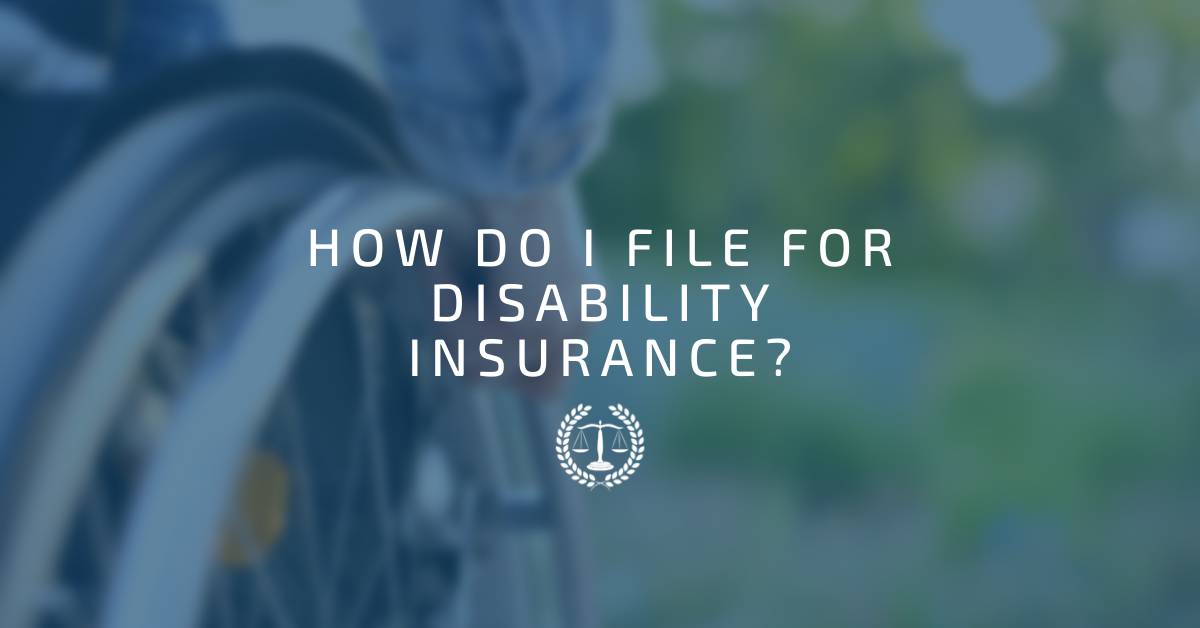When you file for social security disability benefits in Mississippi, you’re essentially undergoing a complex and time-consuming process to establish your eligibility for payments. The amount of initial Social Security Disability cases that are awarded in Mississippi is right under 25 percent, whereas the national average is around 32 percent. Only 6.6 percent of cases that are appealed and go up for reconsideration in Mississippi are ultimately awarded. If you apply for social security disability benefits in Mississippi and your initial claim is refused, you can request that your case be considered by an Administrative Law Judge. The majority of applicants have no idea how to fill out the required papers or submit the proper medical documentation.
While you don’t have to hire a disability benefits attorney to assist you during the application process, it can help you have a better chance of getting approved. The Social Security Administration (SSA) is more likely to approve someone who is represented by an attorney, according to statistics. If you choose to undergo this process without representation you may be asked to present documents to prove your eligibility, such as:
- Proof of U.S. citizenship
- If you served in the military before 1968, you should have a copy of your discharge papers.
- Last year’s W-2 forms and/or self-employment tax returns;
- An Adult Disability Report including more information on your diseases, injuries, or conditions, as well as your job history;
- You already have medical evidence in your possession. This includes medical records, doctor’s reports, and current test results, as well as award letters, pay stubs, settlement agreements, and other similar documents.
Be ready to answer questions
- Your first and last name, as well as your gender and Social Security number;
- If you had a different name at birth, tell us about it.
- Your date of birth and where you were born (state or country);
- Whether your birth was recorded in a public or religious document before the age of five;
- Your country of origin;
- Whether you or anybody else has ever applied for Social Security, Medicare, or Supplemental Security Income on your behalf (if so, we’ll also need to know who’s Social Security record you applied under);
- If you’ve ever used a different Social Security number;
- Whether you were in the active military before 1968 and, if so, when, and whether you were ever eligible for a monthly payment from a military or government agency.
- Whether or not you or your spouse has ever worked for a railroad;
- Whether you have earned Social Security credits under the SS system of another nation;
- Whether you are eligible for or anticipate earning a pension or annuity as a result of your own employment with the United States federal government, one of its states, or a local component;
- If you’re married, give your spouse’s name, date of birth (or age), and SS number (if available);
- Any former wives’ names, dates of birth (or age), and SS numbers (if known);
- Dates and locations of each of your marriages, as well as how and when those marriages ended;
- Any unmarried children under the age of 18, who are in elementary or secondary school, or who are disabled before the age of 22;
- And several more.
If you are still unable to work due to diseases, injuries or conditions, the date you became unable to work; and information regarding any workers’ compensation, black lung or other comparable benefits you have filed or plan to file. These benefits can be temporary or permanent, and they can include annuities and lump-sum payments you’ve previously received.
Employer or employer’s insurance carrier, private agency or federal, state or other government or public entities will pay you.
How Your Attorney Can Help You Increase Your Chances
Attorneys for Social Security Disability are familiar with the application process. They understand how to present your case in such a way that your handicap is clear rather than speculative, and they can help you collect the appropriate medical paperwork from your doctor and the facilities where you were treated. A disability attorney can assist you in understanding the Blue Book listing and ensuring that you fit the requirements. Your chances of having your claim denied owing to a lack of medical verification of impairment are considerably reduced.
After you’ve submitted your application, your attorney will contact the Social Security Administration on your behalf and provide you with updates as they become available.
No representation is made that the quality of legal services performed is greater than the quality of legal services performed by other lawyers
This article does not create an attorney-client relationship. I am licensed to practice law in Mississippi and have based the information presented on US laws. This article is legal information and is for entertainment and informational purposes only and should not be seen as legal advice. You should consult with an attorney before you rely on this information. Any information provided in this blog is accurate and true to the best of my knowledge, but that there may be omissions, errors or mistakes.

